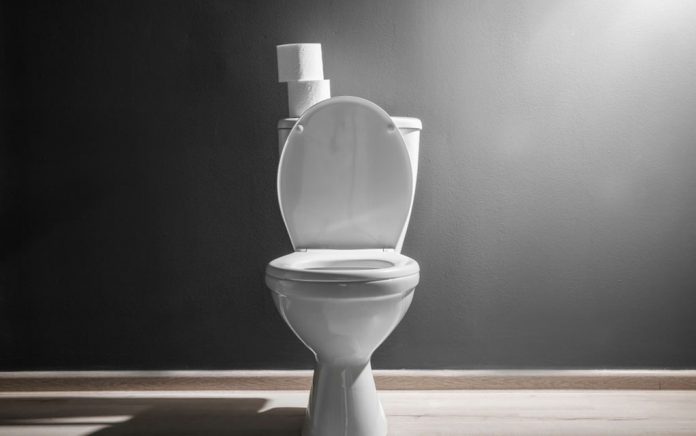
A societal collapse isn’t a question of if but when. It’s inevitable; we just don’t know when it’s going to happen. Once the collapse begins, many services will no longer be available, forcing the world to become self-sufficient or face some dire consequences. When utility companies and sanitation services grind to a halt, here are some of the unpleasant issues that will arise:
Diseases Associated With Poor Sanitation
With poor sanitation comes several diseases and illnesses that can be fatal. Here are a few potential dangers we may need to watch out for.
Cholera
Caused by eating or drinking contaminated foods, cholera can cause vomiting, severe watery diarrhea, thirst, leg cramps, restlessness, and irritability. Symptoms can easily and quickly lead to dehydration, which left untreated will kill you.
Treating cholera starts with drinking plenty of clean water to rehydrate the infected person. There are four antibiotics that can be used to treat this infection:
- Tetracycline
- Doxycycline
- Furazolidone
- Ciprofloxacin
There is a fish antibiotic that can be substituted for normal antibiotics known as Fish Flox, which is simply ciprofloxacin. We do NOT recommend bypassing the prescription process unless SHTF and there are no other alternatives available.
Typhoid Fever
A bacterial infection caused by consuming infected food or water, typhoid fever can cause headache, loss of appetite, nausea, and a gradual high fever. Surprisingly, diarrhea isn’t common with typhoid fever; however, constipation, abdominal pain, and weakness do occur often.
Treatment for typhoid fever includes taking antibiotics, most commonly ciprofloxacin; left untreated the fever and its symptoms can last for weeks or months.
Dysentery
This is a type of gastroenteritis that causes inflammation within the intestines, which results in bloody diarrhea. Dysentery is caused by several types of bacteria, parasitic worms, viruses and protozoa. Treatment for the disease depends on the cause, but it often involves the use of antibiotics such as amoxicillin and ampicillin (or Fish Mox).
Other Contaminated Food and Water Illnesses
Salmonella causes vomiting, nausea, diarrhea, fever, headache, and abdominal cramps lasting anywhere from 2 to 7 days. The illness occurs when food, namely poultry, and eggs, are consumed undercooked or raw. The illness typically doesn’t require the use of antibiotics. However, severe cases may require the use of ampicillin or amoxicillin.
Botulism, an illness most frequently associated with at-home canned foods that are improperly sealed or stored, causes symptoms within 4-72 hours. Botulism can be fatal if left untreated, attacking the nervous system and causing symptoms such as difficulty breathing, double vision, droopy eyelids, trouble swallowing, and difficulty talking. Medical help should be sought after immediately, and penicillin G or metronidazole may be used. Infant botulism should not see the use of antibiotics as bacterial die-off may result in the release of more toxins.
An infection transmitted through the handling and preparation of food is staphylococcus. This illness is carried on your skin and in your throat with symptoms developing between 1-8 hours. Potential food sources include:
- Meat
- Poultry
- Salad
- Cheese
- Eggs
- Custard
- Cream-filled desserts
Diarrhea and vomiting may occur as well as nausea, abdominal cramps lasting between 24 and 48 hours. Antibiotics are not recommended, and medical attention is needed to determine which staph bacteria is causing your illness.
Avoiding the Potential Problems
Thankfully, these illnesses and diseases are easily preventable through proper sanitation practices. Also, correctly and thoroughly cooking food will help prevent several of these potentially deadly infections.
Proper disposal of human waste is also a key preventative measure to these ailments. Check out how you can properly dispose of human waste after SHTF. No refrigeration? No problem! Check out how you can live without the luxury of refrigeration.
Hygiene can play a serious role in your survival, but with limited water, it may seem impossible. Be sure to see how you can stay clean with minimal water. Clean water will be important as well, so be sure to see how you can purify water with common household items to ensure you drink clean and sanitary water.
Have you ever had to deal with sanitation issues? What did you do to handle this gross situation? Reply to your email and let us know, we would love to hear from you!
Copyright 2022, TheSurvivalGuide.com














